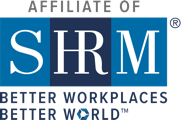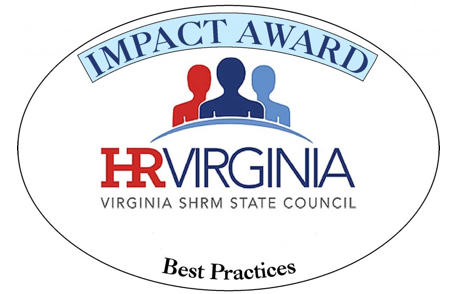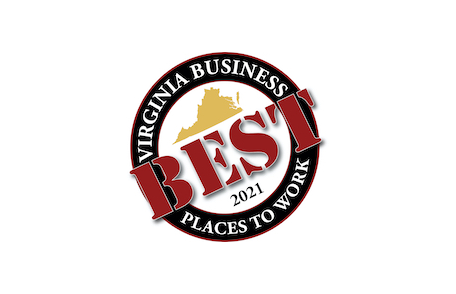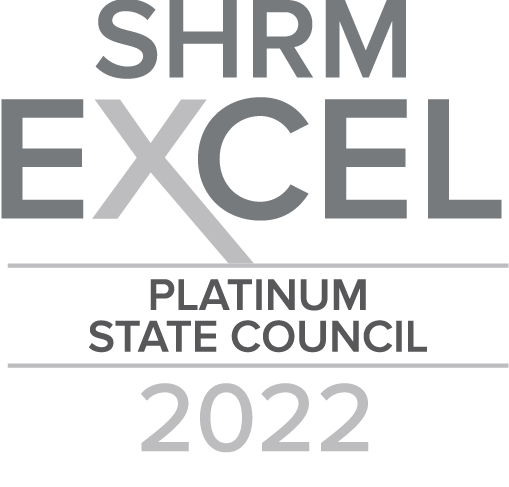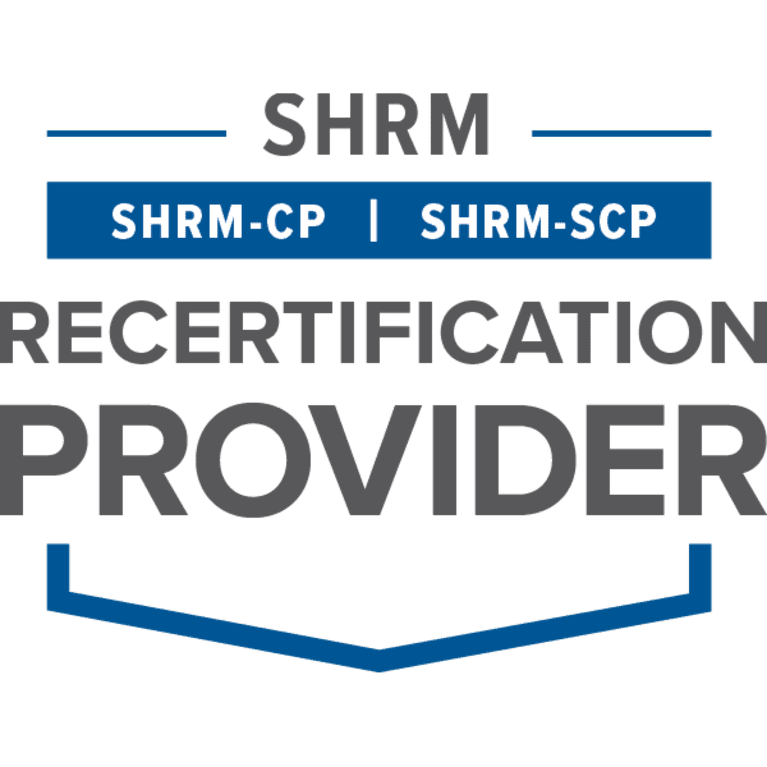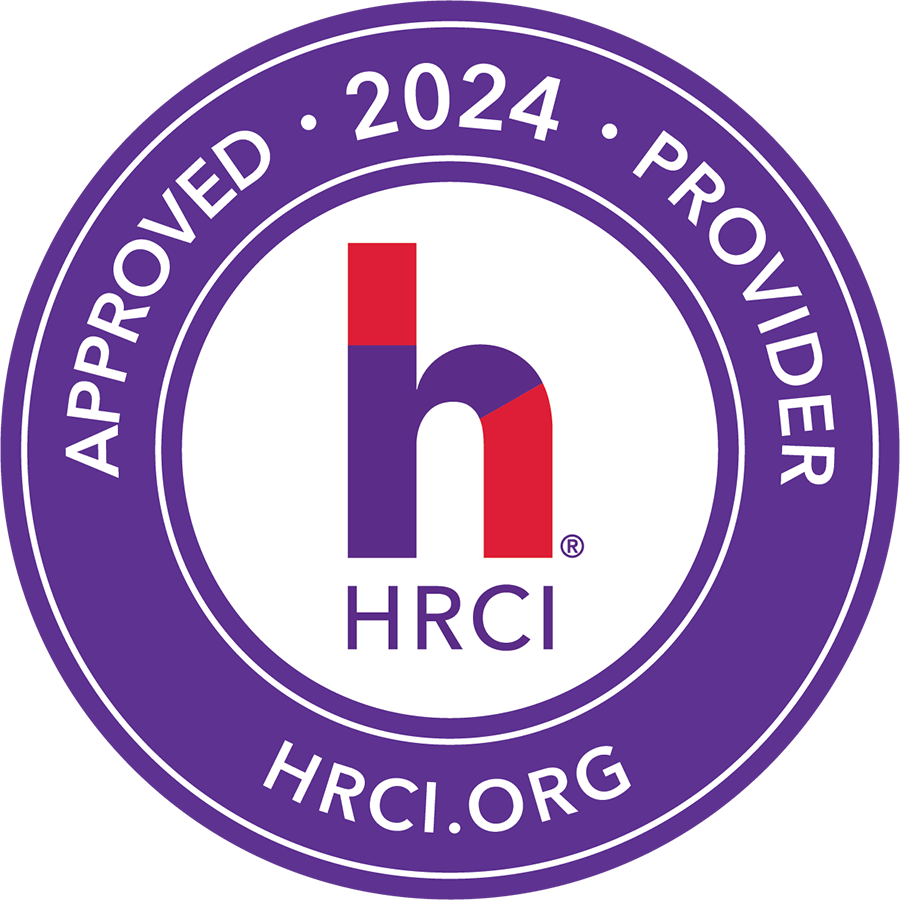Part 2: Skills and Qualifications for an early HR Career
Intro
Welcome back to our series for rising HR professionals! In our previous issue, we introduced the exciting world of Human Resources and set the stage for our exploration. Today, we’re diving into the second part of our three-part series.
As a quick reminder, this series was born from the HRVA SHRM Council’s outreach to budding HR professionals. We’ve gathered their most pressing questions and are addressing them through these articles. Our goal is to provide you with valuable insights and guidance as you embark on your HR journey.
In this second installment, prepared by Anastasia Mizitova, Certification Director at HRVA, we’ll explore the essential skills and qualifications that can set you up for success in your early HR career. Whether you’re a recent graduate, considering a career change, or looking to enter HR without a formal degree, this article is designed to help you understand what it takes to thrive in this dynamic field.
Remember, we’re always eager to hear from you. If you have additional questions or topics you’d like us to address, please don’t hesitate to reach out. Now, let’s get started on your path to HR excellence!
Question 1: What makes someone a good candidate for an entry-level Human Resources position?
Traditionally, employers have looked for candidates with HR education, at least some relevant experience, and strong references for entry-level HR positions. While these factors remain important, the landscape is evolving. Today, there’s an increasing focus on practical, applied skills rather than just credentials.
Consider your experiences where you’ve demonstrated HR-related competencies:
- Finding and attracting talent
- Helping others develop and grow
- Analyzing people-related data
- Improving individual or team performance
These experiences, even if not in a formal HR role, can translate into valuable skills for an HR career. Describe them, include them in your resume, and be ready to tell your story.
Additionally, pursuing professional certifications like the SHRM-CP can significantly boost your candidacy. Such certifications demonstrate your commitment to practical, high-quality education in HR and can set you apart from other applicants.
In essence, while education and experience matter, showcasing your ability to apply HR principles in real-world situations and your dedication to professional development can make you a standout candidate for an entry-level HR position.
Question 2: Specifically, what are the necessary general certifications needed for various HR roles?
From a hiring manager’s perspective, specific certifications can demonstrate your readiness to contribute immediately in various HR roles. While you can’t be an expert in everything at the start of your career, focused knowledge in a particular area can make you a valuable asset. Here are some certifications that align with different HR functions:
- Talent Acquisition:
- SHRM Talent Acquisition Specialty Credential
- Certified Recruiting Professional (CRP)
- Learning and Development:
- SHRM Learning & Development Specialty Credential
- Association for Talent Development Certified Professional (APTD)
- Compensation and Benefits:
- SHRM Total Rewards Specialty Credential
- Certified Compensation Professional (CCP)
- HR Analytics:
- SHRM People Analytics Specialty Credential
- AIHR People Analytics Certificate
- Employee Relations:
- SHRM Employee Relations Specialty Credential
- Labor Relations Professional (LRP)
- Diversity, Equity, and Inclusion:
- SHRM Inclusive Workplace Culture Specialty Credential
- Certified Diversity Professional (CDP)
- HR Information Systems:
- SHRM HR Technology Specialty Credential
- HRIP (HR Information Professional) Certification
Remember, the key is to focus on a specific area that interests you and aligns with your career goals. Engage with professionals in that field, gain practical knowledge, and pursue a focused certification. This approach will not only make you immediately helpful in a specific HR function but also demonstrate your commitment to continuous learning and professional development.
For example, if you’re passionate about creating fair and competitive compensation packages, the SHRM Total Rewards Specialty Credential could be an excellent choice. It would equip you with the skills to contribute effectively to compensation and benefits teams right from the start.
Ultimately, these specialized certifications, combined with your enthusiasm and willingness to learn, can make you an attractive candidate for entry-level positions in specific HR functions.
Question 3: Do you have to be versed in Insurance and Payroll to be a good HR Generalist, or can the education be learned on the job?
HR professionals often enter the field through various paths, and it’s common for many to start in areas like talent acquisition or learning and development before expanding their skill set. While it’s true that you can learn about insurance and payroll on the job as an HR Generalist, having a foundation in these areas—particularly in the broader context of Total Rewards—can significantly set you apart.
Many HR professionals lack comprehensive skills in Total Rewards, which includes compensation, benefits, insurance, and payroll. This knowledge gap presents an opportunity for those who do possess these skills to stand out in the field.
Understanding the monetary aspects of motivation, budget management, and cost control principles is incredibly valuable. These skills allow you to:
- Contribute more effectively to strategic discussions about employee compensation and benefits
- Better align HR initiatives with organizational financial goals
- Provide more insightful guidance to both employees and management on rewards-related issues
- Participate more meaningfully in budget planning and resource allocation
While you can certainly learn about insurance and payroll on the job, proactively gaining knowledge in these areas can accelerate your career growth. It positions you as a more well-rounded HR professional who can bridge the gap between people management and financial considerations.
Consider pursuing certifications or courses in Total Rewards to gain this valuable knowledge. This proactive approach not only enhances your skillset but also demonstrates your initiative and commitment to comprehensive HR practice, making you a more attractive candidate for HR Generalist roles and beyond.
Remember, in today’s business environment, HR professionals who can speak the language of finance and understand its implications for human capital management are increasingly sought after. By developing these skills, you’re investing in a capability that will serve you well throughout your HR career.
Question 4: What are 3 understandings an individual should know before embarking on the HR journey?
What a great question!
- Embrace Continuous Learning: The HR field is constantly evolving, influenced by changes in technology, legislation, and workplace dynamics. As an HR professional, you must commit to ongoing education and development. Stay curious, keep up with industry trends, and be prepared to adapt your skills and knowledge throughout your career.
- Focus on Business Success: While your work revolves around people, your ultimate goal is to drive your company’s success. HR isn’t just about administrative tasks or employee relations; it’s about aligning human capital strategies with business objectives. Understand your organization’s goals and how HR can contribute to achieving them. This business-centric approach will make you a valuable strategic partner.
- Recognize and Nurture Talent: Everyone has potential, and as an HR professional, you’re in the unique position to help people succeed. Your role involves identifying strengths, fostering growth, and creating environments where individuals can thrive. By believing in people’s capabilities and actively working to develop them, you can significantly impact both individual careers and organizational success.
Remember, these understandings form the foundation of a successful HR career. They’ll guide your decisions, shape your approach, and help you make a meaningful impact in your organization and the lives of the employees you serve.
About the Author
Anastasia Mizitova
Director of Certification, HR Virginia

If you like what you read here, subscribe to get our latest updates and relevant content for HR professionals.

